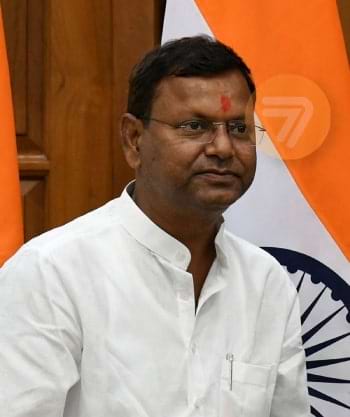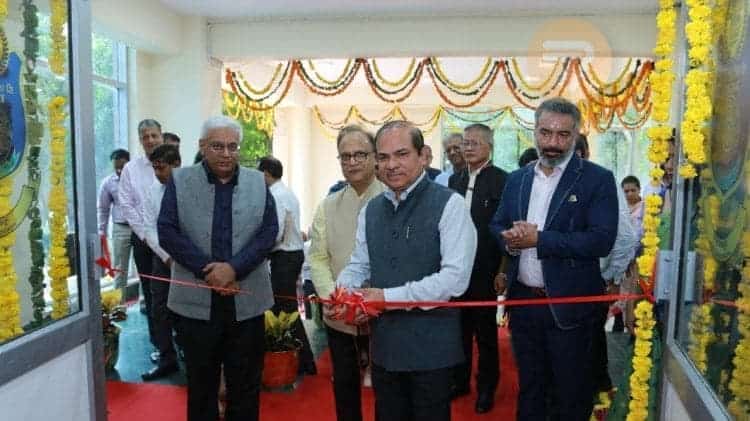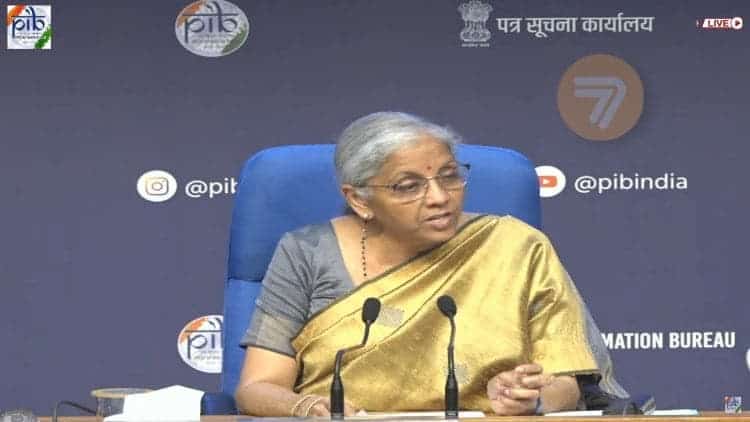Indian Online Gaming Sector to Keep 15% CAGR Despite GST
07 Dec 2023
EY Report Forecasts RMG’s Share to Drop from 84% to 75% by 2028
Despite the turbulence caused by the practical increase of indirect tax (GST) burden on Indian online gaming companies and players from the 1st of October, 2023, the sector is poised to preserve its high growth momentum and maintain a CAGR (Compound Annual Growth Rate) of 15% until FY 2028, according to the latest report by global consultancy EY.
The RMG (Real Money Gaming) vertical consists of more than 400 companies. It will shrink its share of the Indian online gaming market from 83% in FY23 to 75.4% by FY28. This is due to the increased GST levy on online games casinos. As well as horse races. Despite the decrease the RMG will not yield its dominant position as the principal source of revenue for the industry.
The EY report titled “New Frontiers: Navigating the Evolving Landscape for Online Gaming in India” estimates the CAGR of the whole sector at 28% for the period FY20-FY23, reaching a size of ₹16,428 crore at the end of the period.
The number of gamers in India as of FY23 amounts to 42.5 crore. Which makes the country the second-largest online gaming market in the world after China.
The projected annual size of the whole Indian online gaming industry for FY28 is ₹33,243 crore. That is after the slowed growth due to the hiked GST burden. The RMG subsector is expected to contribute ₹6,500-₹6,800 crore in direct taxes. Also it will contribute ₹75,000-₹76,000 crore in GST during the period FY24-FY28.
71 Notices Totaling ₹1,12,332 Crore: Finance MoS Informs the Rajya Sabha
On Tuesday, December 5th, 2023, Minister of State for Finance Pankaj Chaudhary addressed the Rajya Sabha. He informed of the true extent of the tax evasion demands made by Unianon GST Enforcement authorities. These claims targeted homegrown online gaming businesses.
“71 show cause notices involving GST to the tune of INR 1,12,332 Cr have been issued to online gaming companies during financial years 2022-23 and 2023-24 (up to October 2023),” MoS for Finance Chaudhary told the MPs.
“As these notices are pending adjudication, the respective GST demand is not yet determined under the provisions of CGST Act, 2017,” he clarified and added that so far, not a single offshore-based gaming platform has registered under the new GST requirements.
On the 15th of December, the Supreme Court will have the next hearing of the Gameskraft case. In September, the Apex Court stayed a ruling of the Karnataka High Court to quash a ₹21,000+ crore tax evasion demand against the company, which the Union Government challenged.
This will be the first case from the ₹1,12,332 crore pile to be heard by the Supreme Court. But the Center has reportedly been considering asking the court to batch all similar cases together.




